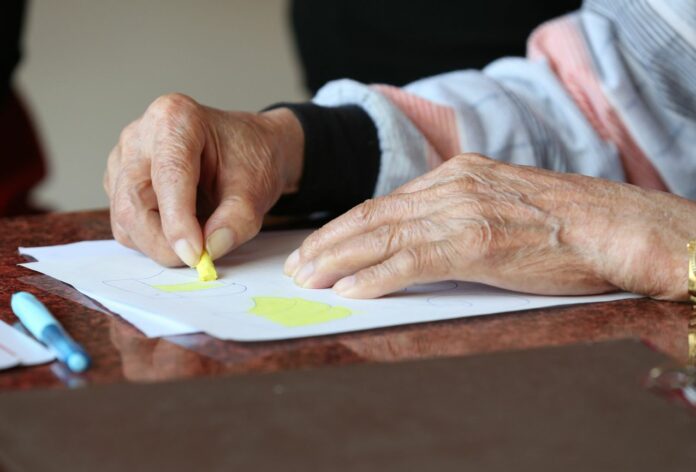A new study from the Garvan Institute of Medical Research found that gene variants linked to leukemia can lead to the production of “rogue” immune cells that cause autoimmune diseases.
Scientists had already seen that people with leukemia were more likely to get an autoimmune disease like rheumatoid arthritis or aplastic anemia. Immune cells known as killer T cells – which are responsible for killing dangerous cells and infections – were discovered to have a crucial role in this association.
This new study shows how these killer T cells are involved in leukemia and autoimmune diseases. Researchers found that changes in genes that affect a protein that controls the growth of killer T cells can make them go rogue.
“We showed that these rogue killer T cells are driving the autoimmunity. They’re probably one of the cell types most directly contributing to autoimmune disease,” adds Dr. Etienne Masle-Farquhar, a Conjoint Lecturer with UNSW Sydney and a postdoctoral researcher in the Immunogenomics and Genomic Medicine Labs at Garvan.
“Our research also narrows down a few pathways that might be helpful in targeting these cells for future treatments,” he adds.
The study’s results were reported in Immunity.
When tumor cells are not recognized or eliminated by the immune system, cancer may develop. In autoimmune diseases, the immune system mistakenly attacks healthy cells in the body thinking they are harmful attackers.
“We knew that people with various autoimmune diseases acquire these rogue killer T cells over time, but also that inflammation can cause immune cells to proliferate and develop mutations. We set out to discover whether the rogue T cells were causing these autoimmune conditions, or simply associated with them,” adds Dr. Masle-Farquhar.
The researchers looked at the blood of children with rare inherited autoimmune diseases by using new high-resolution screening methods.
Then, in animal models, they employed a method known as CRISPR/Cas9, a genome editing tool, to ascertain what transpires when the protein STAT3 is genetically changed.
The body’s STAT3 protein is essential for many cellular processes, including the regulation of T and B cells in the immune system.
The research team discovered that if these proteins are changed, rogue killer T cells may develop unregulated and become larger cells that bypass immune checkpoints to target the body’s own cells.
Also, autoimmune disease can be caused by as few as 1-2% of a person’s T cells going rogue.
“It’s never been clear what the connection between leukaemia and autoimmune disease is – whether the altered STAT3 protein is driving disease, or whether leukaemic cells are dividing and acquiring this mutation just as a by-product. It’s a real chicken-and-egg question, which Dr Masle-Farquhar’s work has been able to solve,” comments Professor Chris Goodnow, Head of the Immunogenomics Lab and Chair of The Bill and Patricia Ritchie Foundation at Garvan.
“This gives some really good cracks in the coalface of where we might do better in terms of stopping these diseases, which are sometimes life threatening,” he highlights.
Based on the presence of these mutations, future uses could include better targeting of drugs, such as JAK inhibitors that have already been approved by the TGA.
“We can now go and look for T cells with STAT3 variations. That’s a big step forward in defining who’s the bad guy,” adds Professor Goodnow.
The study also found that stress is linked to two different receptor systems, which are ways for cells to talk to each other.
“Part of what’s driving these rogue cells to expand as killer T cells is the stress-sensing pathways. There is a lot of correlation between stress, damage and ageing. Now we have tangible evidence of how that’s connected to autoimmunity,” adds Professor Goodnow.
The team’s research could help develop screening tools that doctors could use to find out which cells in a blood sample could go bad and cause disease by sequencing the complete genomes of all the cells.
More research needs to be done to find out if rogue killer T cells are involved in all autoimmune diseases and how often rogue cells and STAT3 variations are found in people with rheumatoid arthritis and other autoimmune diseases.
Source: 10.1016/j.immuni.2022.11.001
